 But the REAL question is – Is TRADITIONAL cancer treatment doing it’s correct job for the Victims – or are they just continuing to line the pockets of the Doctahs and BIG Pharma?
But the REAL question is – Is TRADITIONAL cancer treatment doing it’s correct job for the Victims – or are they just continuing to line the pockets of the Doctahs and BIG Pharma?
The following column spends more time with Recent Survey’s, Recent Reports, Scientists Suggest, Published in….
Why can’t the Medical Community just get to the point of admission – that they just DON’T get it! ~ Editor
 As cancer rates rise for people under 50, the cost of life-saving treatment is rising far past their ability to pay. An increase in cancer cases is putting pressure on Americans. With medical debt burdening patients, the battle against cancer is taking a new financial front that could affect many cancer patients’ lives. Continue reading
As cancer rates rise for people under 50, the cost of life-saving treatment is rising far past their ability to pay. An increase in cancer cases is putting pressure on Americans. With medical debt burdening patients, the battle against cancer is taking a new financial front that could affect many cancer patients’ lives. Continue reading

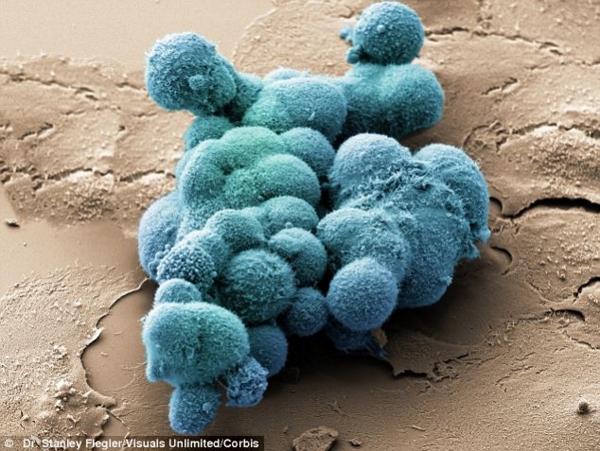 Factors such as age, sex, and family history can impact a person’s risk of getting pancreatic cancer. It is more likely to occur later in life. Certain conditions can also increase the likelihood of pancreatic cancer.
Factors such as age, sex, and family history can impact a person’s risk of getting pancreatic cancer. It is more likely to occur later in life. Certain conditions can also increase the likelihood of pancreatic cancer. A new study shows that more than half of all cancer deaths in the United States result from ’modifiable risk factors,’ also known as lifestyle choices.
A new study shows that more than half of all cancer deaths in the United States result from ’modifiable risk factors,’ also known as lifestyle choices. Pancreatic cancer, representing 3% of all cancer cases and 7% of cancer-related deaths in the US, is a serious health concern, as highlighted by the American Cancer Society. In 2024, it’s projected that nearly 66,440 Americans will be diagnosed with pancreatic cancer, with a tragic estimate of 51,750 individuals succumbing to the disease in that same time-frame.
Pancreatic cancer, representing 3% of all cancer cases and 7% of cancer-related deaths in the US, is a serious health concern, as highlighted by the American Cancer Society. In 2024, it’s projected that nearly 66,440 Americans will be diagnosed with pancreatic cancer, with a tragic estimate of 51,750 individuals succumbing to the disease in that same time-frame. Cancer remains one of the most complex diseases to understand as its origins often can’t be traced to a single cause. However, many risk factors that contribute to cancer development
Cancer remains one of the most complex diseases to understand as its origins often can’t be traced to a single cause. However, many risk factors that contribute to cancer development 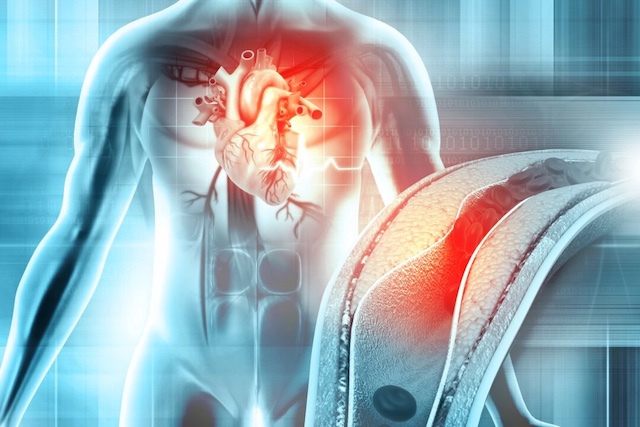 Columbia University Irving Medical Center researchers have discovered that smooth muscle cells (SMC) in arteries can behave like cancer cells, worsening atherosclerosis.
Columbia University Irving Medical Center researchers have discovered that smooth muscle cells (SMC) in arteries can behave like cancer cells, worsening atherosclerosis. 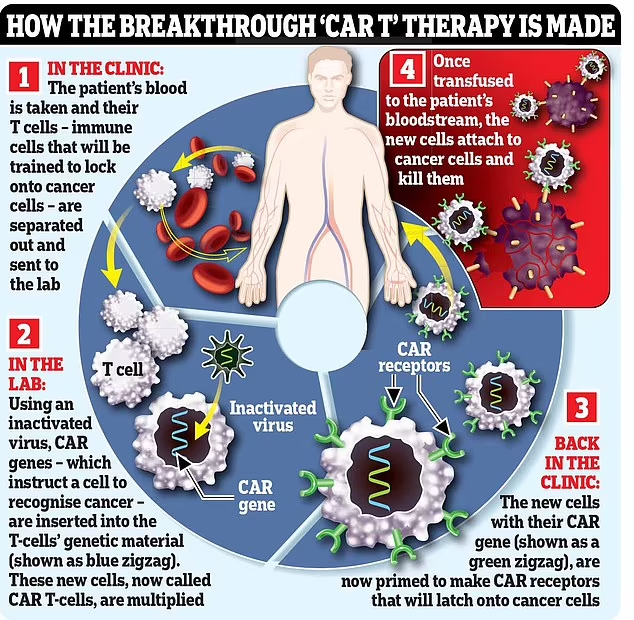
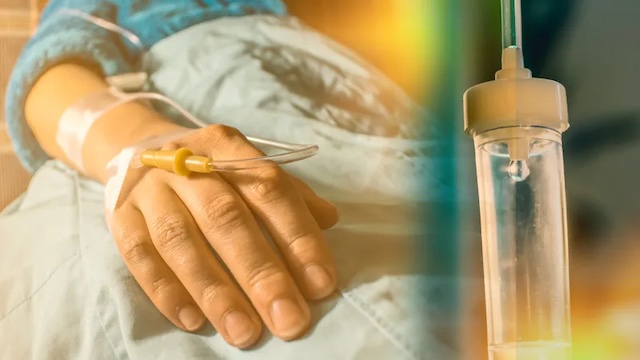
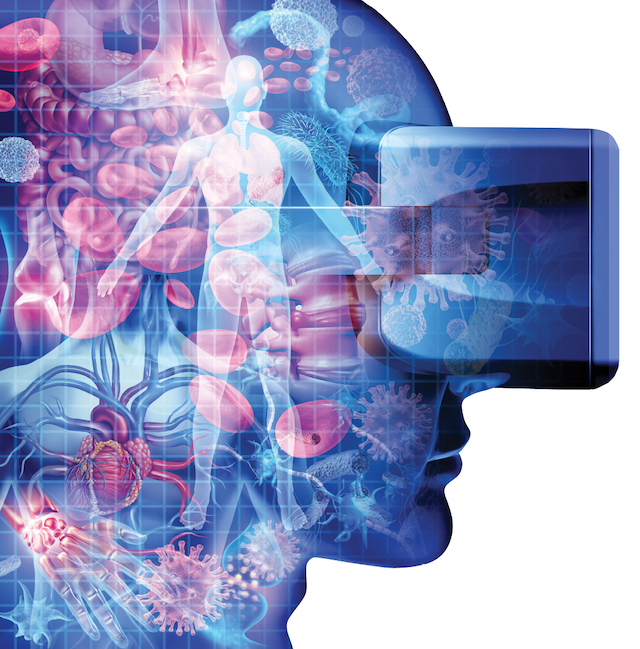 The profound progress in cancer care since President Richard Nixon signed the National Cancer Act of 1971 into law is evidenced by the soaring number of cancer survivors since the law went into effect. In the 1970s, there were 3 million cancer survivors;[
The profound progress in cancer care since President Richard Nixon signed the National Cancer Act of 1971 into law is evidenced by the soaring number of cancer survivors since the law went into effect. In the 1970s, there were 3 million cancer survivors;[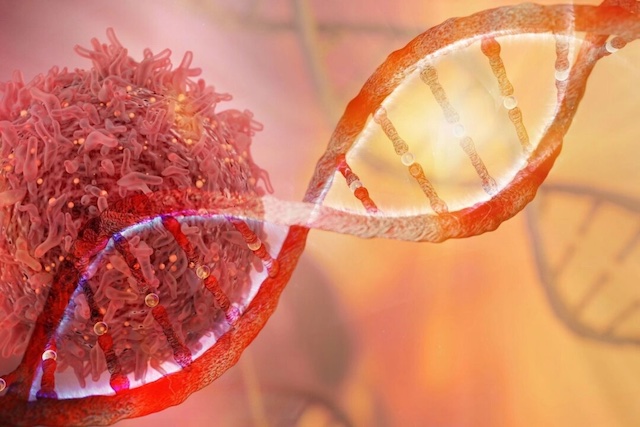
 Doctors are being warned that a lifesaving
Doctors are being warned that a lifesaving 
 I sat there, frozen in time, full of fear, full of anxiety. Waiting for my time to “face the music,” but this wasn’t a dance party.
I sat there, frozen in time, full of fear, full of anxiety. Waiting for my time to “face the music,” but this wasn’t a dance party. We are witnessing an explosion of cancer in the United States that is absolutely unprecedented. As you will see below, it is being projected that the number of new cases of cancer in the U.S. will hit a brand-new record high this year, and cancer rates are rising particularly rapidly among our young people.
We are witnessing an explosion of cancer in the United States that is absolutely unprecedented. As you will see below, it is being projected that the number of new cases of cancer in the U.S. will hit a brand-new record high this year, and cancer rates are rising particularly rapidly among our young people. It happens more often than you can imagine, but more doctors are finally getting caught in the act of misrepresenting their oath and fraudulently diagnosing healthy patients with cancer to turn a quick buck from kickbacks on chemotherapy poisons.
It happens more often than you can imagine, but more doctors are finally getting caught in the act of misrepresenting their oath and fraudulently diagnosing healthy patients with cancer to turn a quick buck from kickbacks on chemotherapy poisons.